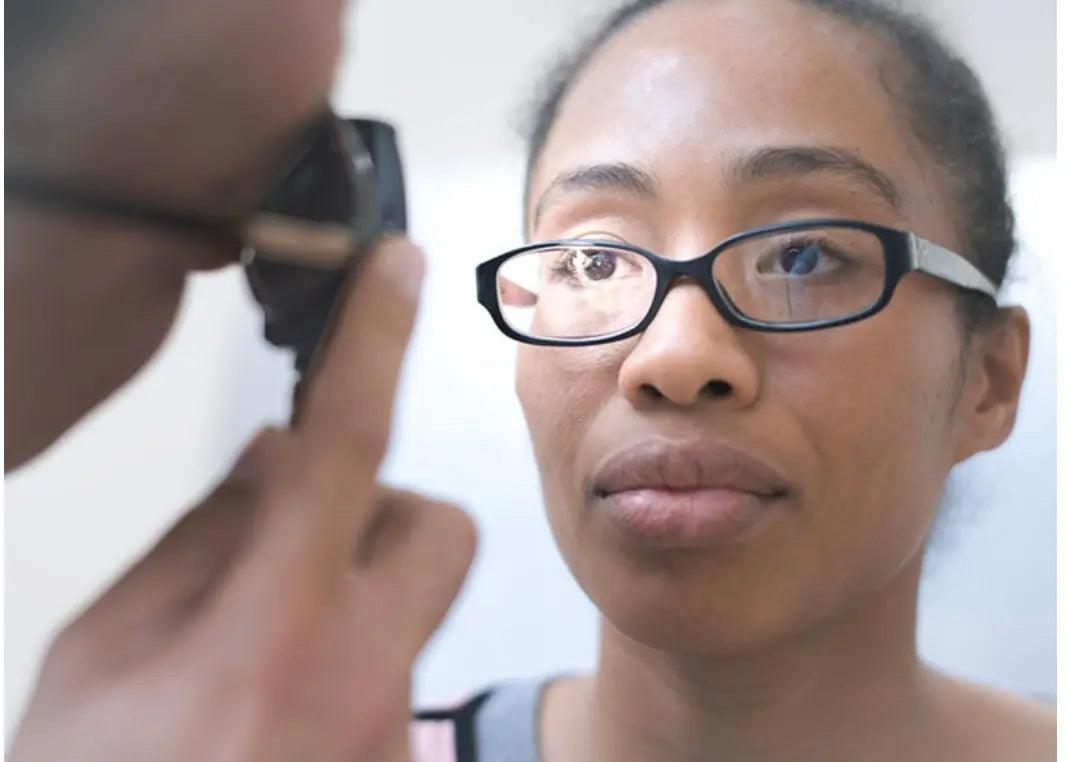
Curated content for eyewear lovers.
The Unseen Link: How Diabetes Can Impact Your Eyes
The Unseen Link: How Diabetes Can Impact Your Eyes
Introduction: Living with diabetes comes with various challenges, and one often overlooked aspect is its impact on eye health. The connection between diabetes and vision issues is significant, making regular eye screenings crucial for maintaining overall well-being.
Body:
1. **Understanding the Link: Diabetic Retinopathy**
Diabetes can lead to a condition known as diabetic retinopathy. This occurs when high levels of blood sugar damage the blood vessels in the retina, the light-sensitive tissue at the back of the eye. Over time, these damaged vessels can leak or bleed, affecting vision.
2. **The Silent Progression: Asymptomatic Early Stages**
One of the tricky aspects of diabetic retinopathy is its often asymptomatic early stages. Patients may not experience noticeable symptoms until the disease has progressed, making regular eye check-ups vital for early detection.
3. **Vision at Stake: The Risk of Macular Edema**
Diabetic retinopathy can lead to another complication called macular edema, where fluid accumulates in the macula, a small part of the retina responsible for central vision. This condition can distort or blur vision, posing a significant risk to overall eyesight.
4. **Prevention through Control: Managing Diabetes**
Controlling blood sugar levels is key to preventing or slowing down the progression of diabetic retinopathy. Consistent monitoring, a balanced diet, regular exercise, and medication adherence are crucial components of effective diabetes management.
5. **The Role of Regular Screenings: Timely Intervention**
Regular eye screenings are a cornerstone in managing the impact of diabetes on eye health. These screenings can detect changes in the eyes early on, allowing for timely intervention to prevent or minimize vision loss. Early detection often means more treatment options and better outcomes.
6. **Beyond Diabetic Retinopathy: Other Eye Complications**
Diabetes isn't only associated with diabetic retinopathy. It can also increase the risk of other eye conditions, such as glaucoma and cataracts. Comprehensive eye exams can help identify and address these issues promptly.
Conclusion:
In the intricate web of diabetes-related complications, the impact on eye health is a critical concern. Regular eye screenings should be embraced as a proactive measure, enabling early detection and intervention. By prioritizing eye health alongside diabetes management, individuals can significantly reduce the risk of vision impairment and maintain a clearer outlook on life.
By Crystal Crawford






